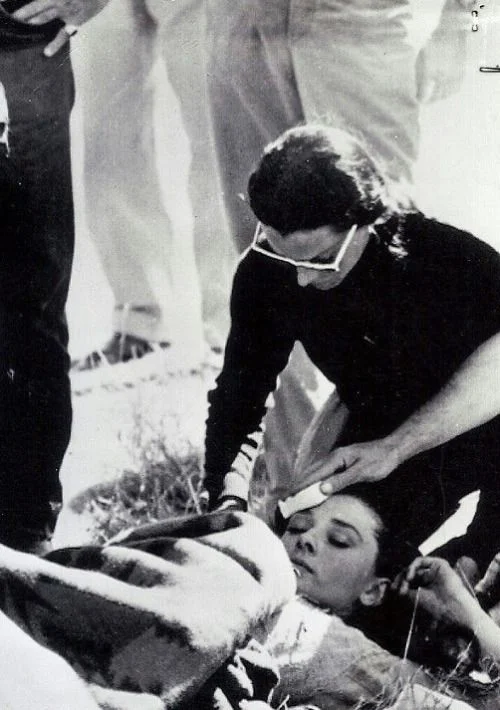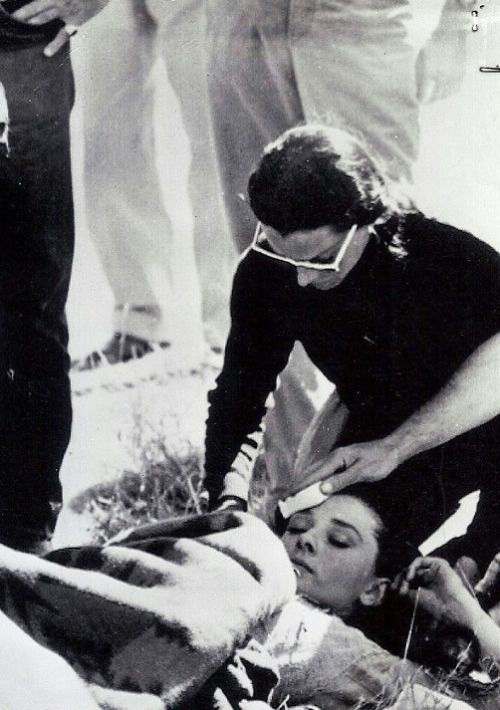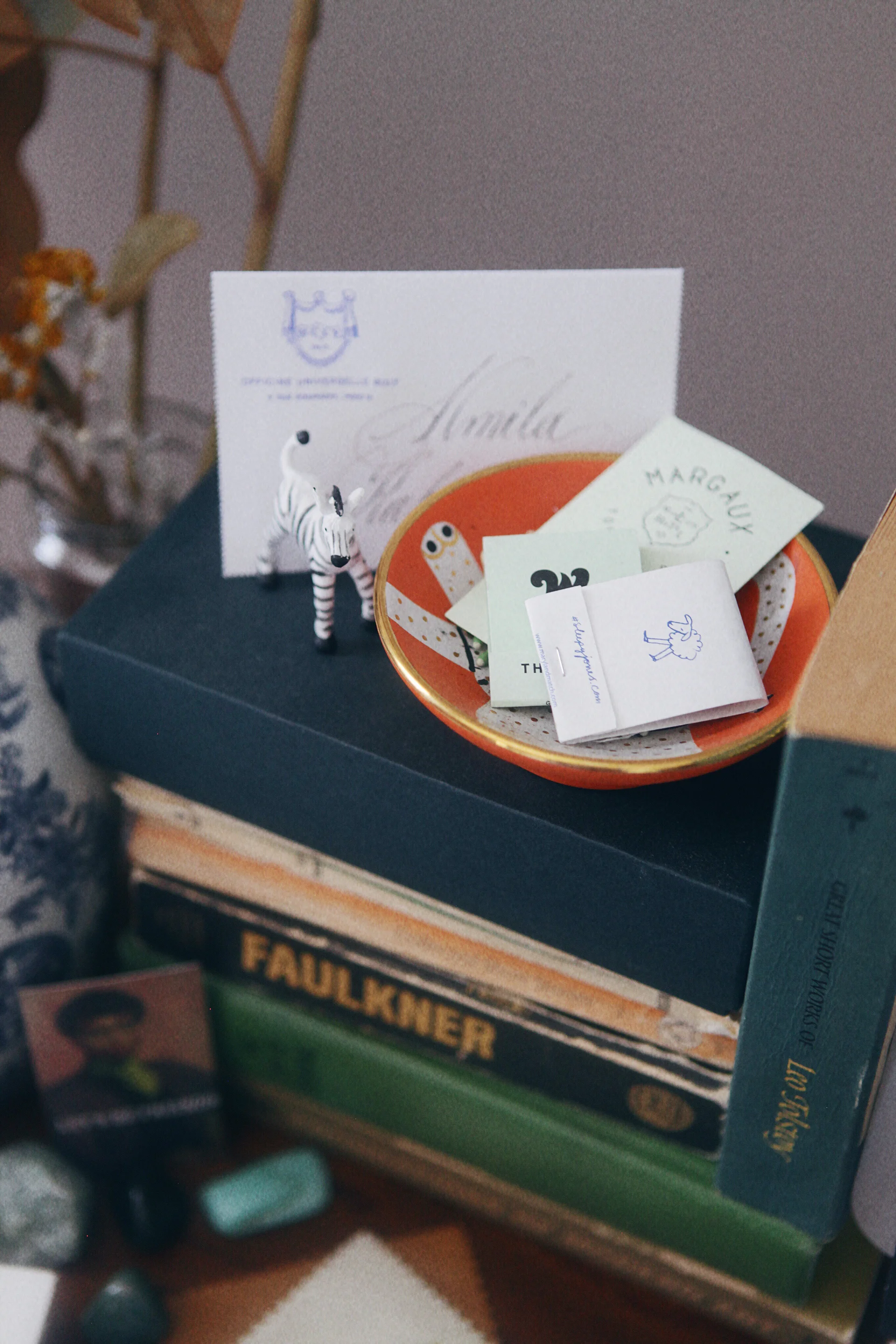Empowering Labour
Why empowerment statements will lead to an easier labor
We can't deny it: there's a lot of fear, anxiety, and uncertainty surrounding labor and delivery. But we also know that telling someone "it will be fine" or "don't worry" can ultimately make people feel more fearful and alone in their journey. Instead, we look to empowerment statements that allow you to critically examine your feelings and fears about labor and delivery so you find an empowering statement that feels true for you, not like a positive platitude.
I know it sounds gimmicky and just a little woo-woo. Empowerment statements? How could this possibly make a difference in birthing a baby?
But the truth is, empowerment statements are powerful. Unlike their cousin the affirmation, empowerment statements are built on scientific and anecdotal evidence. Instead of blindly saying, “I’m a strong, powerful, capable woman!”, you’re going to intellectually and emotionally connect to the words you’re saying so that you actually feel the power and truth of the words.
But let’s back up: why do we need empowerment statements, and why are they particularly important when you’re birthing a baby?
We need empowerment statements because the world is loud. There are so many voices in our heads, whether it’s our parents, friends, news articles, or our favorite Instagram influencer. All of those opinions contribute to noise that influences how we perceive the risks around us.
And let’s be honest, birth is one of those things that people have a lot of opinions about. Whether it’s where you’re giving birth, how you’re planning to do it, or what products you’re buying, people love to tell you what their experience is and what the “right” way is.
And unfortunately, in birth, there rarely is a cohesive decision on what “right” even is. I was talking to a client who is planning a midwife-assisted, unmedicated labor. She told me that she’s stopped even telling people that she is planning to labor without medication, because everyone tells her she’s crazy and that she can’t do it.
The very next day, I was talking with a client who has a scheduled cesarean delivery. She told me that she’s keeping her birth plan quiet because people think she’s wrong to not try a vaginal delivery. Who is right? Who is the better mother? I would say both, because I know that both of them are doing what is necessary for their mental and physical wellbeing, but not everyone feels that way, and a lot of people are forced into making decisions due to popular opinion rather than what they really want and need.
Unfortunately, when it comes to labor, the main underlying theme in most people’s advice is that labor is going to be hard and you should be scared. This fear is not innocuous. When we experience fear in labor, it causes muscles to tighten, pain to increase, and stress hormones to soar. Basically, fear causes everything we don’t want. This cultural conditioning is passed on generation after generation. “Fear birth”, “nothing you do is right”, “you can’t know what to expect so you might as well not plan anything.”
I call bullshit. These are opinions, not facts. That’s why I ask my clients to actually acknowledge the beliefs they have about birth. Because when we actually name our fears and look them head on, we can decide if they’re rational, likely to happen, important, or none of the above.
I don’t ask my clients to create affirmations. We don’t pretend that you’ll have a pain-free labor that will last 4 hours or less. Rather, we use empowerment statements so that you face your beliefs, see the evidence for and against them, and then reframe your fear into a more empowering statement.
This is a powerful practice that can help tear down the sneaky fears stopping you from feeling at ease with your labor and with your life in general. Here’s how you can create an empowerment statement
Name your fear/belief that is causing stress. (Example: I'm afraid that I can’t handle the pain of labor.)
What's the evidence to support this fear/belief coming true? (Example: I don't know what the pain will be like. People say it's really hard. I don't know what to expect.)
What evidence against this fear/belief coming true? (Example: Millions of women have done unmedicated births all throughout the world and have survived, and gone on to have more children. I’ve had lots of times that I’ve experienced pain, and even though I wasn’t prepared for that pain, I was able to overcome it.)
Looking at the evidence for and against, what can you now feel confident saying? (Example: I am a part of a lineage of women who are competent, confident, and able to successfully handle labor and delivery. I can successfully deliver a happy and healthy baby because my body is strong enough to handle it. )
I don’t know about you, but I feel stronger just reading that last statement. And that’s the point. You take something that was fear and uncertainty based and instead build a new belief built on evidence.
This is not wishy-washy. This is not aspirational. This is understanding in your heart of hearts what is possible and what you want to experience in your body. And the more confident and strong we feel going into our labor, the better our birth experience will be.
Whether you’re pregnant or not, grab a piece of paper or your phone and take 5 minutes to analyze a fear or stressor you’re experiencing, and create an empowerment statement from it. You’ll realize that your thoughts and emotions aren’t there to hurt you, they’re there to teach you how strong you can be.
About the Author
Samantha Attard, Ph.D. is a regular contributor to The Thirlby. She is a nutrition Ph.D., yoga instructor, doula, and Ayurvedic coach. Happy Healthy Human was born when Sam was in grad school at UNC Chapel Hill. She was doing research into diabetes, hypertension, and obesity, and realized that people need personalized nutrition and medicine in order to achieve their best health. Sam dove into Ayurveda and Traditional Chinese Medicine - ancient traditions that prize personalization and prevention. She began to use these principles as an Ayurvedic coach, labor and postpartum doula, and yoga instructor, at workshops and retreats with clients like Seventh Generation, Georgetown Medical School, and WeWork. Sam's happiest when she's outdoors in a garden or near the ocean. You can contact her at sam@behappyhealthyhuman.com.



